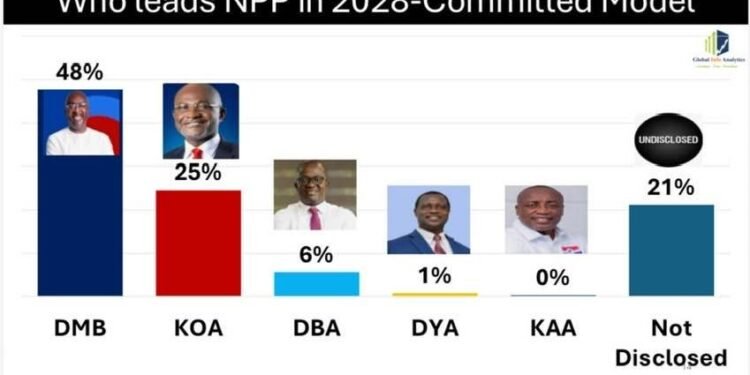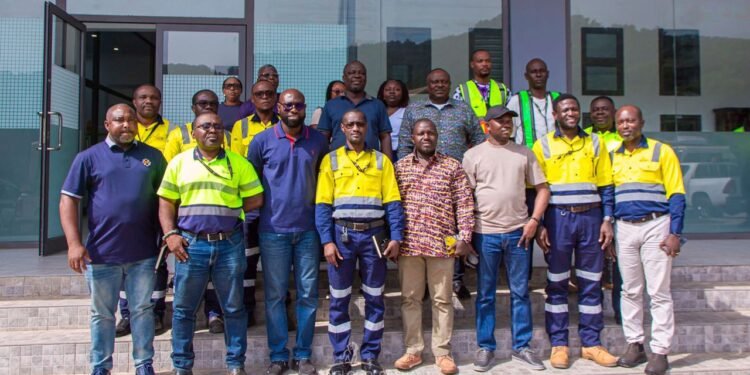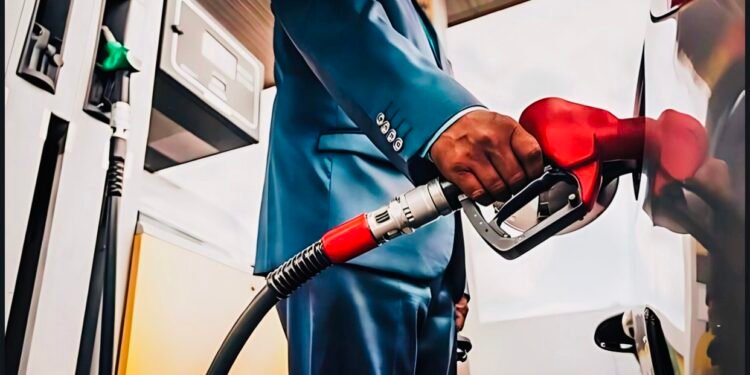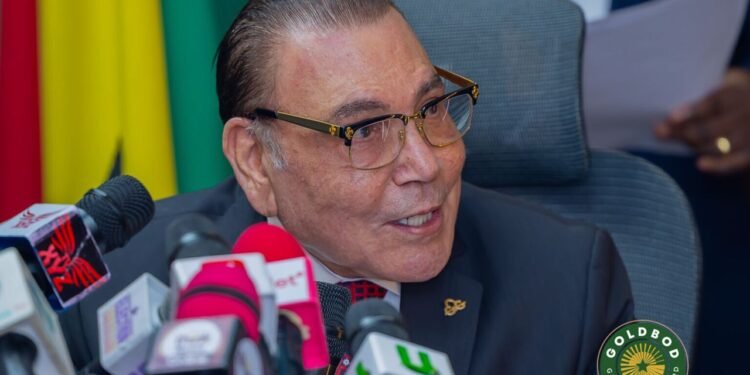Abena Amoah, the Deputy Managing Director of Ghana Stock Exchange, has disclosed that 7 state-owned institutions have been shortlisted for this year’s listing on the Ghana stock market.
Miss Abena Amoah made this known at a press briefing in Accra. She noted that the decision was reached after two committees were set up to review the performances of about 30 companies. However, the Deputy Managing Director stated that only the seven shortlisted companies met the requirements. She noted that the GSE will ensure that the initiative comes to fruition through assessment of the SOEs to ensure that they are investment ready.
“The GSE and SIGA have formed two committees, a steering and a technical committee. And throughout the whole of last year, we worked to review about 30 companies. Out of that, we came out with the first shortlist of about 18 companies, and we have narrowed it down to the first 7 companies that we believe are market-ready.”
Abena Amoah
The Deputy Managing Director of Ghana Stock Exchange indicated that the government of Ghana owns most of the market-ready companies, however, some jointly operate with private sectors.
“Many of these companies, the Government of Ghana owns 100% in them. There are some of them in the larger group that are in joint ventures with other private sectors.”
Abena Amoah
The Deputy Managing Director of the Ghana Stock Exchange, Abena Amoah, averred that the move forms part of efforts to make state entities profitable and capable of contributing significantly to the development of the country.

Abena Amoah noted that the GSE analysis and assessment showed these 7 companies are currently doing well among some other SOEs and listing them on the exchange will be very attractive to investors to easily raise the targeted amount.
“The discussions on timeframe are ongoing and what we are waiting for is the formal government approval of the first group of SOEs. We are waiting to start working with their advisors and to list them on the market.”
Abena Amoah
Madam Amoah averred that one of the reasons for the need to list and float shares is to securitize revenue sources of these SOEs and to enable them to raise capital from the public for operations and not burdening government for financing purposes.
The listing, according to her, will also enable government not to borrow funds to operationalize and finance activities of these SOEs.
Recently, the State Interest and Governance Authority (SIGA) recommended 11 state-owned enterprises (SOEs) for listing on the Ghana Stock Exchange (GSE).
SIGA set up a technical and steering committee in February last year, with representatives from the GSE, SIGA, the Ministry of Finance (MoF) and the Securities and Exchanges Commission (SEC), to review the performance of the state entities and subsequent recommendation for listing.
SOEs are key features of Ghana’s economy and can be sources of fiscal risks to the country’s public finances. Unfortunately, most these entities, in a long while, tend to underperform due to a variety of factors, including fundamental problems in their governance, failing to operate like modern, autonomous and professionally run companies.
In 2018, 2019, state enterprises and specified entities run at a 200% loss, a report by the Auditor-General showed. As of 2020, state institutions run at a loss of GH¢5.3 billion.
READ ALSO: Biden Anticipates Russia Invasion on Ukraine























